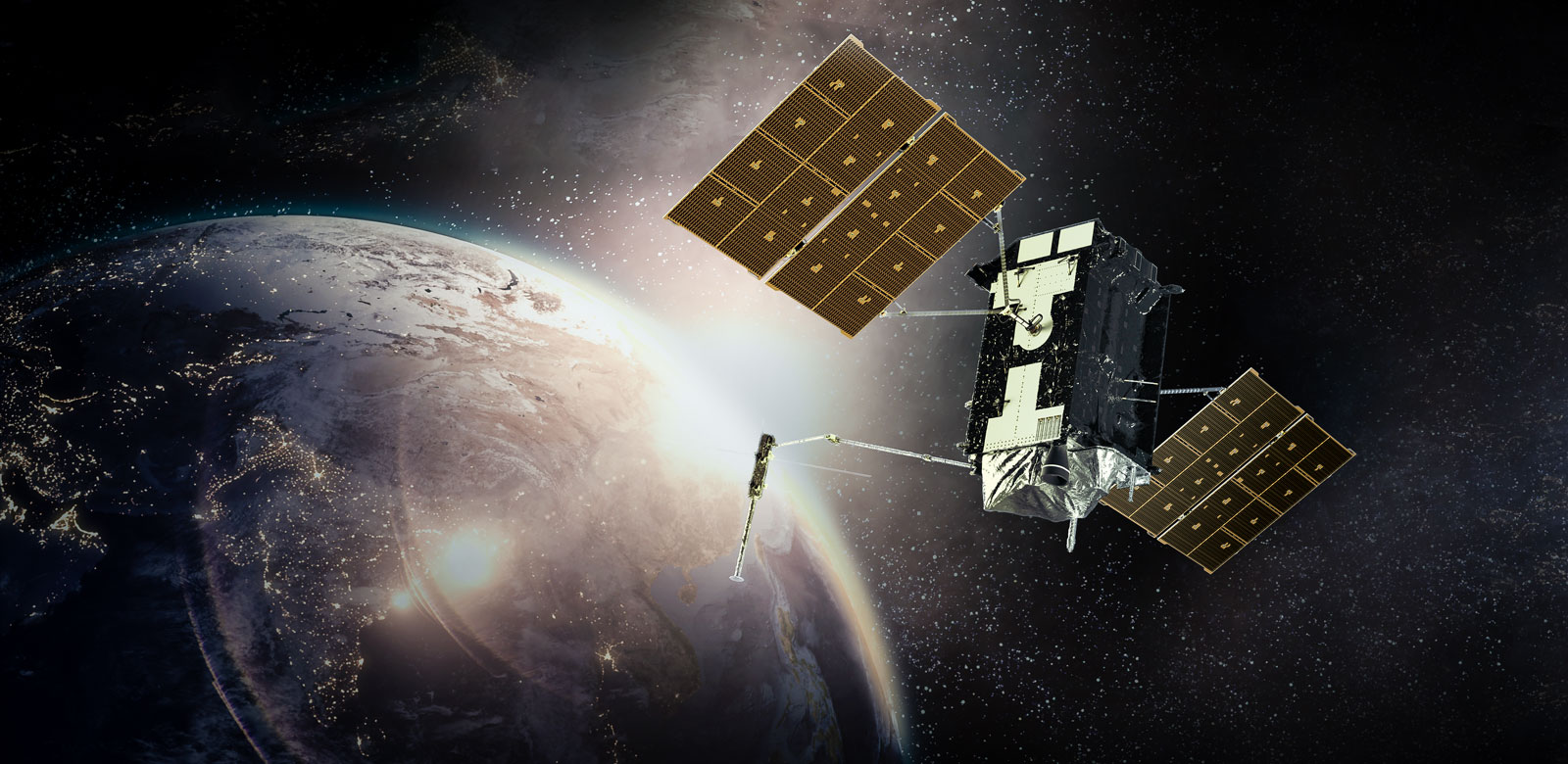The Space and Missile Systems Center says ‘requests for equitable adjustment are considered on a case-by-case basis’
WASHINGTON — Raytheon’s contract for the Global Positioning System Next Generation Operational Control System, known as OCX, is increasing by $13.5 million due to pandemic-related costs.
The U.S. Space Force on Aug. 2 announced a modification to Raytheon’s existing $3.7 billion contract “for an equitable adjustment for COVID-19 impacts to OCX, including late government-furnished equipment impacts and excusable delay overrun costs.”
OCX is the ground control segment for the U.S. military’s GPS satellites made by Lockheed Martin. In development for nearly a decade, OCX consists of ground-based stations around the world that are used for tracking, monitoring and updating the satellites.
The Defense Department last year agreed to reimburse defense contractors billions of dollars for pandemic-related costs as part of a broad effort to support the industrial base. The COVID impacts on OCX, however, were considered a unique circumstance, a Space Force program official said.
“Requests for equitable adjustment are considered on a case-by-case basis, in consideration of the particular circumstances of each contract, impacts realized from COVID-19, and applicable laws and regulations,” Luke Schaub, deputy director of the Space and Missile Systems Center Production Corps, said in a statement to SpaceNews.
He said Raytheon’s request was for COVID impacts related to international border closures and mandatory quarantines associated with the installation of 17 global monitoring stations, and social distancing incurred in classified spaces at Raytheon’s development factory in Aurora, Colorado.
“Equitable adjustments are an available remediation on many defense contracts for validated COVID-related impacts,” said Schaub.
Raytheon is expected to deliver Block 1 of OCX in 2022. Due to delays in the development of OCX, the Space Force continues to use an existing ground control system made by Lockheed Martin. The Air Force in 2018 awarded Lockheed Martin a $462 million contract to maintain the system until 2025.
